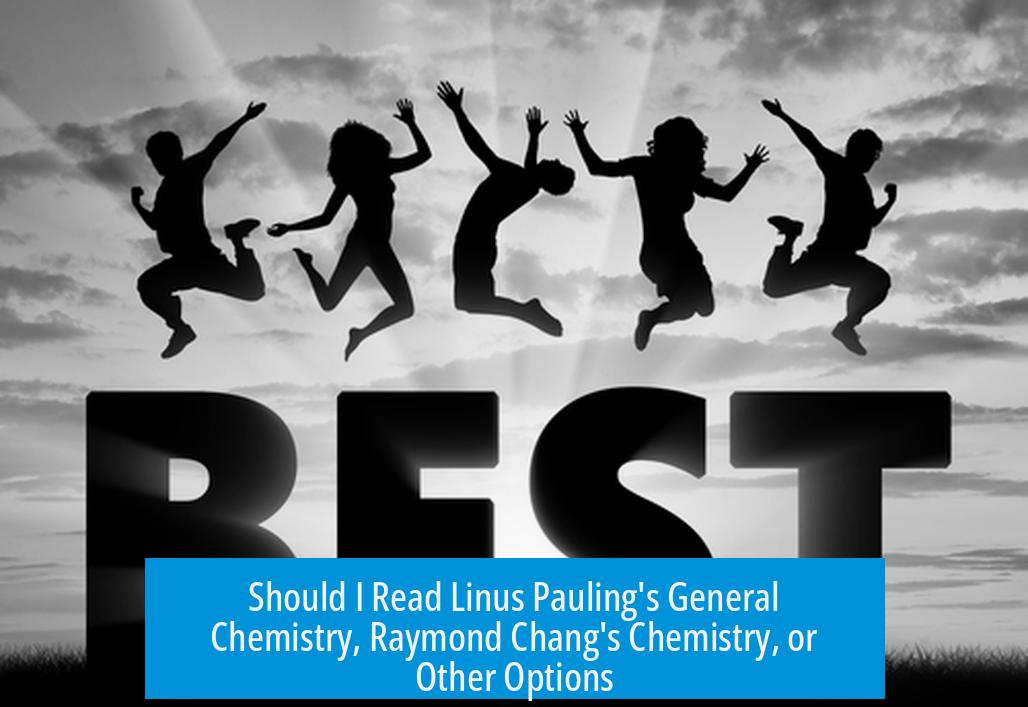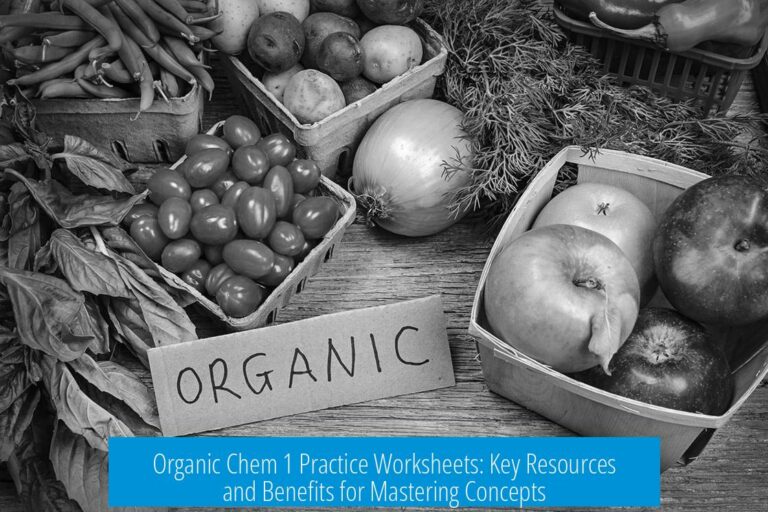Should I Read General Chemistry by Linus Pauling or Chemistry by Raymond Chang or Other Books?
For introductory general chemistry, Raymond Chang’s “Chemistry” and other modern textbooks are generally preferred over Linus Pauling’s “General Chemistry” due to updates in content and teaching style. Pauling’s original text is historically significant but outdated for today’s curriculum needs.
Linus Pauling’s General Chemistry: Strengths and Weaknesses
Pauling’s “General Chemistry” was pioneering at its time but is now about 70 years old. The fundamental chemical concepts haven’t changed, but many aspects of teaching chemistry have evolved. His book offers deep insights but lacks modern coverage of molecular biology, quantum chemistry, and materials science.
There was an updated edition in 1988, which slightly modernized the content but still falls behind more recent textbooks in explaining new discoveries and contemporary methodologies.
Given the rapid advances in chemical education and practice, older editions like Pauling’s may not provide enough updated examples or align with current syllabus requirements.
Raymond Chang’s Chemistry: Why It’s Recommended
Chang’s textbook has a reputation for clear explanations and comprehensive coverage of key topics, suitable for beginners and those building a foundation in chemistry. It balances classical chemistry principles with newer findings and pedagogical techniques.
Users often find this text accessible and reliable for learning general chemistry concepts effectively, making it a popular choice among students and educators alike.
Alternative Textbooks for General Chemistry
- Silberberg’s “Chemistry”: Noted for detailed explanations, this book is widely adopted for general chemistry courses.
- “Chemistry: A Molecular Approach” by Tro: Modern presentation emphasizing molecular understanding.
- Zumdahl’s Chemistry: Recognized for readability and student-friendly style.
The choice among these depends on reader preference for style and depth; however, any modern textbook offers a solid foundation to pursue more specialized chemistry fields.
Additional Considerations
General chemistry texts aim to introduce core concepts, intending to prepare students for advanced subjects like organic, inorganic, physical, and analytical chemistry. Therefore, the textbook author is less critical than the clarity and currency of the content.
For specialized chemistry fields, specific recommended books include Clayden for organic chemistry, Atkins for physical chemistry, and Stryer for biochemistry.
Key Takeaways
- Pauling’s original “General Chemistry” is a classic but outdated; consider more recent editions or textbooks.
- Chang’s “Chemistry” is highly regarded for clarity and comprehensive coverage.
- Modern textbooks like Silberberg, Tro, and Zumdahl provide up-to-date content and teaching approaches.
- Choose a general chemistry book that suits your learning style and matches current course requirements.
- After general chemistry, specialized textbooks are recommended for advanced topics.





Leave a Comment